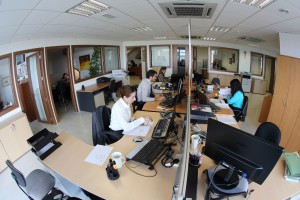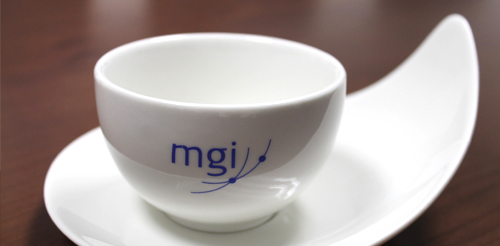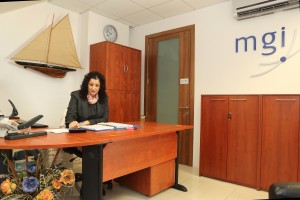Under the agreement signed on 16th April, 2003 between Malta and the European Union, Malta had obtained derogation for a transitional period of seven years during which it can refuse work permits even to EU nationals. Malta also negotiated a further safeguard that applies permanently after this seven year period.
Since January 2001 Malta did not apply for an extension of this derogation and hence any EU national can now reside and work in Malta. The only formality required is that such employment be advised to the Employment and Trading Corporation (ETC) on the requisite form.
As from 1st May, 2004, EU nationals can open any kind of business they wish in Malta.
In its negotiating position paper Malta said that it “will ensure that on accession the freedom of establishment and the freedom to provide services will apply equally to Maltese and EU natural or legal persons”.
Upon membership, any Maltese company or individual may set up business in any EU country. Inversely, any EU citizen will have the right to set up a business in Malta. This does not apply to traders from non-EU countries where current restrictions will continue to apply.
There are reasons why a difference was made between employed workers and self-employed individuals.
First of all, it is known that the actual movement of self-employed within the EU is even more limited than that of workers. In Malta, it is also known that the local market is small and rather saturated. This gives less incentive for foreign self-employed to set themselves up permanently in our country. For obvious reasons of size, there is more incentive for business to use Malta as a base for export to the EU market, than to penetrate the Maltese market alone. After membership, Malta will shed the last remaining obstacles that still limit our access to the EU market.
But there is more to it than that. Unlike employed individuals, self-employed are subject to additional national rules relating to setting up and operation of business. This makes setting up for a self-employed individual not as straightforward as the exercise of the right to seek employment.
The fact that a person owns shares in a Malta registered company does not bring automatic entitlement to residence in this country.
Normally an investor coming to Malta from overseas would need to apply for a work permit in order to be able to work locally. The permit application will be submitted by the company itself and issued to the company which will retain responsibility for compliance of all statutory obligations ( example taxation and social security contributions) of the investor. The processing of such applications are normally given preference and very seldom is any application by an investor refused.
However since 1st May, 2004, such limitations were removed as far as they affect EU citizens.
Any person can apply for a permanent residency status in Malta acquire a home and live here for as long as one wishes provided he/she fulfills the conditions applicable to the particular scheme one applies under.
Malta actively promotes and welcomes citizens from all over the world to come and reside here provided they can prove that they will not be a burden to the local economy.
Any expat who is tax resident , but not ordinary resident, in Malta is taxed on
- Income arising in Malta
- Income arising overseas and remitted to Malta
- Capital Gains arising in Malta
Malta has no inheritance tax, but on death of a permanent resident, his/her heirs will have to pay 5% stamp duty on any Malta property inherited that is transferred onto their name.
Further information on this subject can be found in our article Foreign Residents in Malta










